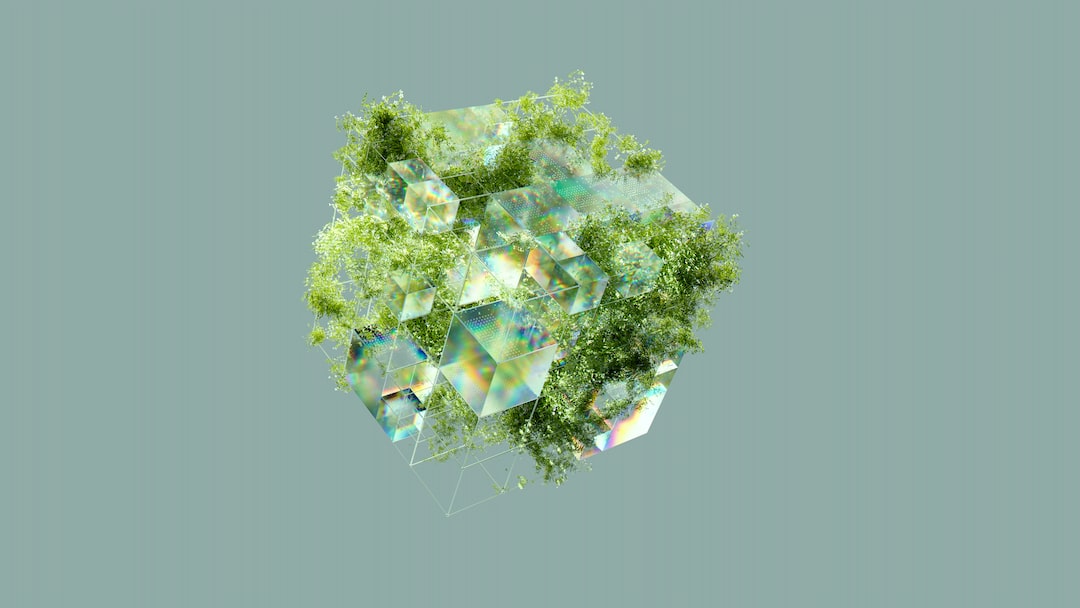TikTok has undoubtedly taken the social media world by storm, with millions of users worldwide captivated by its endless stream of short-form videos. One of the most popular filters on the app is the Bold Glamour filter, which has gained immense popularity for its ability to reshape users’ faces to give them a cosmetic or plastic surgery look. While the filter may seem like harmless fun, it has sparked concerns about its potential impact on self-esteem, self-image, mental health, and identity.
With over 18.5 million videos using the Bold Glamour filter, it’s clear that many users enjoy the instant boost of confidence that it provides. However, for others, the filter has had the opposite effect, leaving them feeling worse about their appearance after seeing its effects. This has prompted many to question whether filters like Bold Glamour are doing more harm than good.
Hira Mustafa, a TikToker, has been vocal about her concerns regarding filters and their impact on her self-esteem. She recently made the decision to stop using filters altogether, citing the potentially damaging effects they can have on body image and self-perception. Mustafa’s decision has been met with support from many other users who share her concerns about the impact of filters.
Part of the problem is that filters like Bold Glamour utilize AI technology to adapt to users’ preferences, which can further enhance their effects and lead to a distorted self-image. While filters may be fun and entertaining, it’s essential to remember that they are not an accurate representation of reality. The beauty standards they promote are often unattainable, and the distortions they create can cause harm to self-esteem and body image.
We must remember that beauty comes in all shapes and sizes, and there is no one-size-fits-all definition of it. Filters like Bold Glamour may provide a quick fix, but they can never replace the beauty that comes from embracing one’s unique features. By promoting a narrow definition of beauty, they can harm our self-esteem and ultimately do more harm than good.
If you’re feeling the pressure to conform to unrealistic beauty standards, it’s essential to remember that you’re not alone. Many people struggle with body image and self-esteem, and it’s okay to seek help and support. By focusing on your strengths and embracing your unique qualities, you can cultivate a positive self-image that is rooted in reality, not the distortions created by filters like Bold Glamour.
In conclusion, while TikTok’s Bold Glamour filter may be entertaining, it’s crucial to be mindful of its potential impact on self-esteem and self-image. By promoting a narrow definition of beauty, it can do more harm than good and ultimately leave us feeling worse about ourselves. Instead, let’s focus on embracing our unique features and cultivating a positive self-image that is rooted in reality. Remember, beauty is not something that can be defined by a filter but is instead a reflection of our inner qualities.











